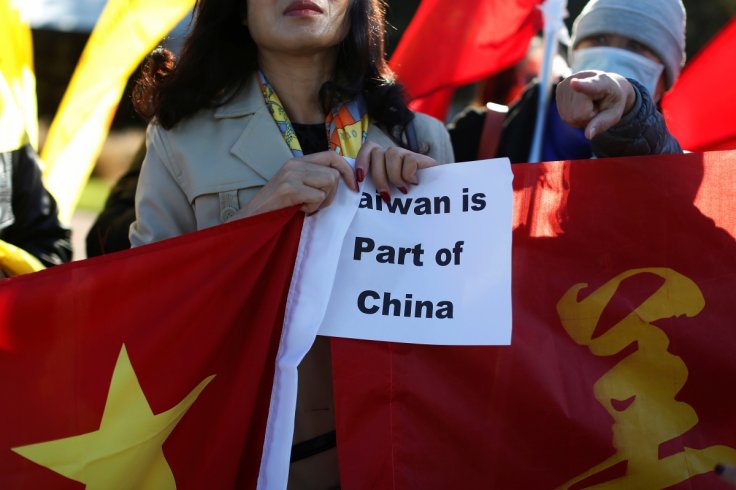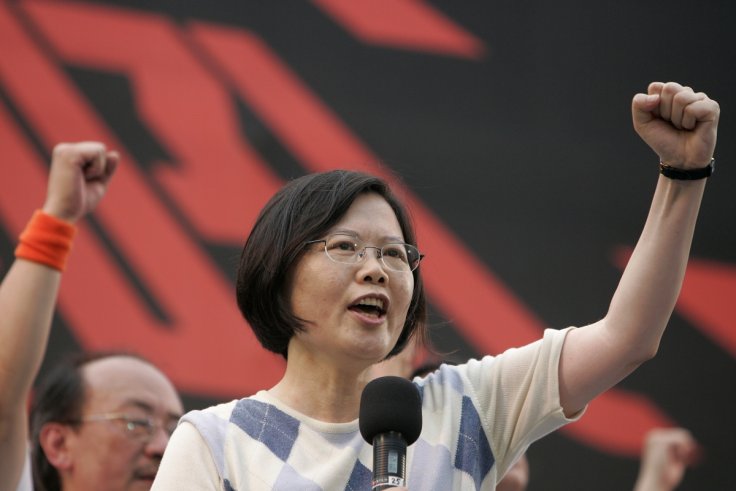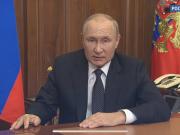The Chinese government on Thursday, November 21 slammed Taiwan's former premier William Lai for commenting about working towards the island's independence ahead of the January elections and said it was courting "disaster".
Tensions between Taiwan and China have escalated since Sunday after the anti-Beijing president Tsai Ing-wen announced Lai as her vice-presidential candidate. During her official registering of candidacy on Tuesday, when asked about Taiwan's formal independence she said the Republic of China on Taiwan was already a sovereign, independent nation.

In a move viewed by Beijing as highly controversial, Lai had told the parliament in 2017 that he was a "Taiwan independence worker" and viewed Taiwan as an independent country. Chinese state media Global Times had called for Chinese officials to issue an international arrest warrant for Lai and charge him under the 2005 Anti-Secession Law. China considers democratic Taiwan as part of its 'sacred' territory under the "One China" policy.
While Tsai's party, the Democratic Progressive Party (DPP) has sought formal independence, she had previously stated that she doesn't want formal independence for Taiwan nor to remain a part of China. Tsai's opponent, Han Kuo-yu of the China-friendly Kuomintang party called both Tsai and Lai's remarks of Taiwan already being an independent state as "backdoor listing" for formal independence.
While relations between China and the island province have deteriorated ever since Tsai came to power in 2016, in a move termed as attempted intimidation, on the same day as Lai's candidacy announcement, China sailed an aircraft carrier through the strategic Taiwan strait.
China's Navy spokesman Cheng Dewei said the carrier, which is Beijing's second such carrier, crossed the sensitive territory for "scientific research tests and routine training." The military stated that it was a "normal practice" in testing cross-regional trials. "It is not aimed at any specific target and has nothing to do with the current situation," Cheng added.
Taiwan's foreign minister Joseph Wu on Sunday said the latest move indicated China's intention of intervening in the upcoming Taiwan elections adding citizens would not be intimidated.
China, US military and Taiwan

In July, Beijing said that it is "ready to go to war" if people "try to split Taiwan from the country". China has denounced the $8 billion sales of US-made F-16 fighter jets to Taiwan in August and warned of 'countermeasures' accusing the US of harming bilateral relations, peace and stability in the Taiwan Strait.
The United States, who has repeatedly labelled China's activities in the South China Sea as a threat to regional security, on Sunday said Beijing was "increasingly resorting to coercion and intimidation to advance its strategic objectives" in the region.
During a telephone conversation with US Defense Secretary Mark Esper earlier this month, China's Defence Minister Wei Fenghe had called for military relations between the two countries to be based on mutually beneficial cooperation. "The two sides should ... continue to advance military-to-military relations to make them a pillar of stability in bilateral relations," he said.
Weeks after the phone call, Wei on Monday, November 18 called for the US to "stop flexing muscles in the South China Sea and to not provoke and escalate tensions" in the region.









